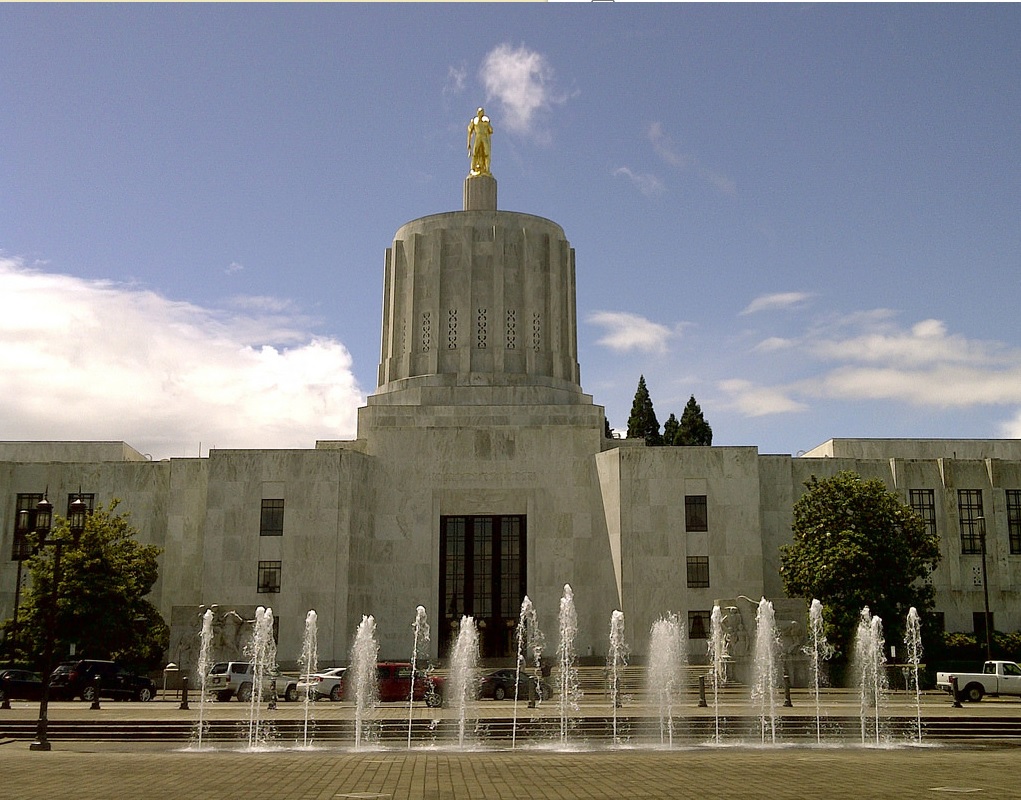
By Oregonians for Food and Shelter,
Primary Election Results
Tuesday was election day in Oregon, with several high-profile races and a number of legislative seats seemingly up for grabs in districts where the primary winner is likely to glide to victory come November. Unlike every other state across the country, Oregon’s vote-by-mail system really made the COVID pandemic a non-issue for those casting ballots.
This year, the Secretary of State race holds particular importance due to the pending 2021 legislative redistricting. In the Democratic primary, State Senator Shemia Fagan (a late entry to the race with a campaign bankrolled by public employee unions) eked out a victory over Senator Mark Hass and Cental Oregon attorney Jamie McLeod-Skinner. Fagan will face Republican nominee, Senator Kim Thatcher, in November. Also, Cliff Bentz, long-time ally of timber and ag, won the 2nd Congressional district Republican primary in a crowded field of candidates vying for Greg Walden’s vacated position. Overall, in legislative races, particularly in the Metro area, the labor-backed candidates didn’t fare as well, and the legislature is likely to welcome more health-care experts and physicians to the Capitol next year. 2021 will be a fascinating session, as nearly 20% of the legislators will be new or experiencing their first budget-writing session, and many others have yet to experience such a significant shortfall in revenue in their legislative tenure.
Economic Forecast
This week, we also got a preview of the economic devastation our state will now grapple with as a result of the COVID-19 economic shutdown. On Wednesday, the state economist presented the latest economic forecast, showing a reduction in state revenue of $2.16 billion. In addition to steep reductions in general fund and lottery dollars, state economists announced that Corporate Activity Tax (CAT) revenues are coming in at over $400 million less than projected and that CAT revenues will underperform expectations by around $500 million for the next three budget cycles. This gives Oregonians a preview of the duration of the forthcoming recession, since the CAT is based on Oregon commercial activity.
Oregon employers have now shed over 400,000 jobs since the start of the COVID-19 pandemic. Economists predict that Oregon’s long-term economic growth will be on a permanent lower trajectory due to the effect of the pandemic.
Disclaimer: Articles featured on Oregon Report are the creation, responsibility and opinion of the authoring individual or organization which is featured at the top of every article.

